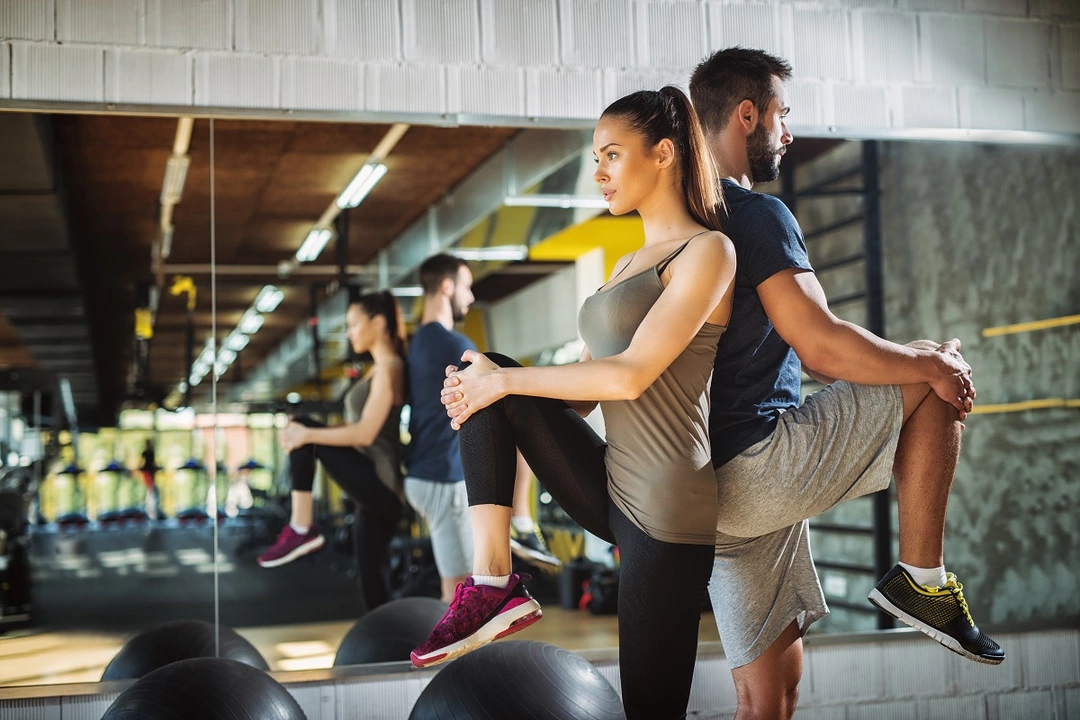If you don't know sports and you're 18, don't worry! There are many ways to get involved. First, you could try watching a few sports games, either on TV or in person. This will give you an idea of the different sports and their rules. You could also try joining a team as a beginner. Most sports have beginner leagues or teams that you can join to start learning the basics. Finally, you could look into sports-related activities, such as running, yoga, or even playing video games. Whatever you choose, there are plenty of ways to get involved and learn about sports.
Exercise Made Simple: Real Tips for Real Life
Ever feel like working out is a chore you can’t fit into a busy day? You’re not alone. The good news is you don’t need a fancy gym or hours of free time to reap the benefits. A few minutes of movement, done right, can lift your mood, sharpen your mind, and keep your body in shape. Below you’ll find straight‑forward advice that fits into any schedule.
Why Exercise Matters
First, let’s get clear on the why. Regular activity improves heart health, strengthens muscles, and helps control weight. It also releases endorphins – those feel‑good chemicals that make stress melt away. Even a short walk after dinner can lower blood pressure and improve sleep. The takeaway? You don’t have to run marathons to see real health gains; consistency beats intensity.
Another perk is mental clarity. Studies show a 20‑minute workout can boost concentration for the rest of the day. That’s because exercise increases blood flow to the brain, delivering more oxygen and nutrients. So, if you have a big meeting or a tough study session, a quick cardio burst can be a secret weapon.
Simple Workouts to Get Started
Now that the benefits are clear, let’s talk about how to start. The key is to pick moves you enjoy and keep them short. Here are three beginner‑friendly routines you can do at home, in the office, or outdoors.
1. 5‑Minute Morning Stretch – Stand tall, reach for the sky, then bend forward to touch your toes. Do 10 seconds of each major muscle group: calves, hamstrings, quads, and shoulders. This wakes up the body and reduces stiffness.
2. Quick Cardio Circuit – Set a timer for 2 minutes. Alternate 30 seconds of jumping jacks, 30 seconds of high knees, 30 seconds of body‑weight squats, and finish with 30 seconds of push‑ups (or knee push‑ups). You’ll get your heart rate up without needing equipment.
3. Evening Cool‑Down Walk – After dinner, stroll for 10‑15 minutes at a comfortable pace. Keep your shoulders relaxed and enjoy the fresh air. This aids digestion and signals your body it’s time to wind down.
Mix and match these mini‑sessions throughout the day. The goal is to move often, not to exhaust yourself. If you feel sore, add an extra stretch or a short rest. Over a week, you’ll notice more energy and better sleep.
Finally, track your progress. Jot down how many minutes you move each day or use a phone’s health app. Seeing numbers climb can be motivating and helps you spot patterns—like the time of day when you feel strongest.
Exercise is a habit you build one small step at a time. Start with the ideas above, listen to your body, and keep it fun. Before you know it, staying active will feel as natural as brushing your teeth.

What should I do if I don't know any sports and I am 18?

Are there sports that don't require great strength?
This article discusses various sports that do not require great strength to participate. It is suggested that sports such as cycling, running, swimming, rowing and golf provide an excellent physical workout without requiring an athlete to possess great strength. The article also mentions low impact sports such as yoga, tai chi and pilates as options for those who wish to stay fit without lifting heavy weights. Finally, it is suggested that anyone interested in participating in any sport should consult with a doctor for advice on their best options. In conclusion, there are many sports out there that don't require great strength to participate in.